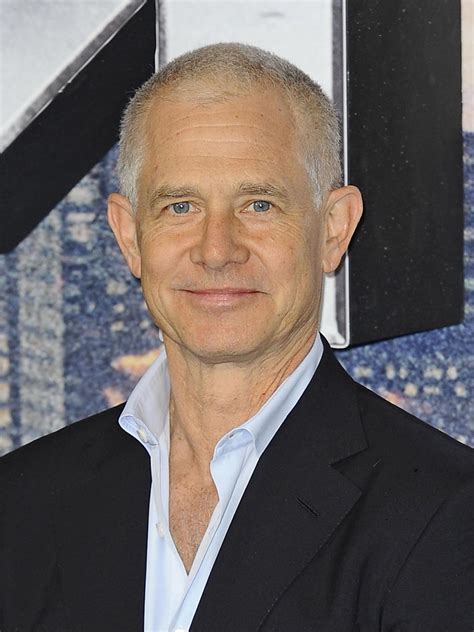A Quote by Maxwell Maltz
Self-improvement is the name of the game, and your primary objective is to strengthen yourself, not to destroy an opponent.
Quote Topics
Related Quotes
When Alekhine recognizes the weakness in his position he has a tendency to become very aggressive. Patient defence is not for him if he can see the slightest chance of creating an attack. Yet sound strategy often demands that you submit to the opponent's will so as to strengthen your weaknesses and get rid of defects in your game.
When you go out on the court whether it be for the championship or just a scrimmage, have confidence that your abilities and what you've learned in your drills are better than your opponent's. This does not mean you should disregard your opponent. Before taking the court for any game, you should do a lot of thinking about what you have to do to beat your opponent and what he must or can do to beat you.
Fear comes from uncertainty; we can eliminate the fear within us when we know ourselves better. As the great Sun Tzu said: “When you know yourself and your opponent, you will win every time. When you know yourself but not your opponent, you will win one and lose one. However, when you do not know yourself or your opponent, you will be imperiled every time.
Introspection is self-improvement and therefore introspection is self-centeredness. Awareness is not self-improvement. On the contrary, it is the ending of the self, of the “I,” with all its peculiar idiosyncrasies, memories, demands, and pursuits. In introspection there is identification and condemnation. In awareness there is no condemnation or identification; therefore, there is no self-improvement. There is a vast difference between the two.
Remind yourself, in whatever way is personally meaningful, that it is not in your best interest to reinforce thoughts and feelings of unworthiness. Even if you've already taken the bait and feel the familiar pull of self-denigration, marshal your intelligence, courage, and humor in order to turn the tide. Ask yourself: Do I want to strengthen what I'm feeling now? Do I want to cut myself off from my basic goodness? Remind yourself that your fundamental nature is unconditionally open and free.
Self-confidence is very important. If you don't think you can win, you will take cowardly decisions in the crucial moments, out of sheer respect for your opponent. You see the opportunity but also greater limitations than you should. I have always believed in what I do on the chessboard, even when I had no objective reason to. It is better to overestimate your prospects than underestimate them.





































